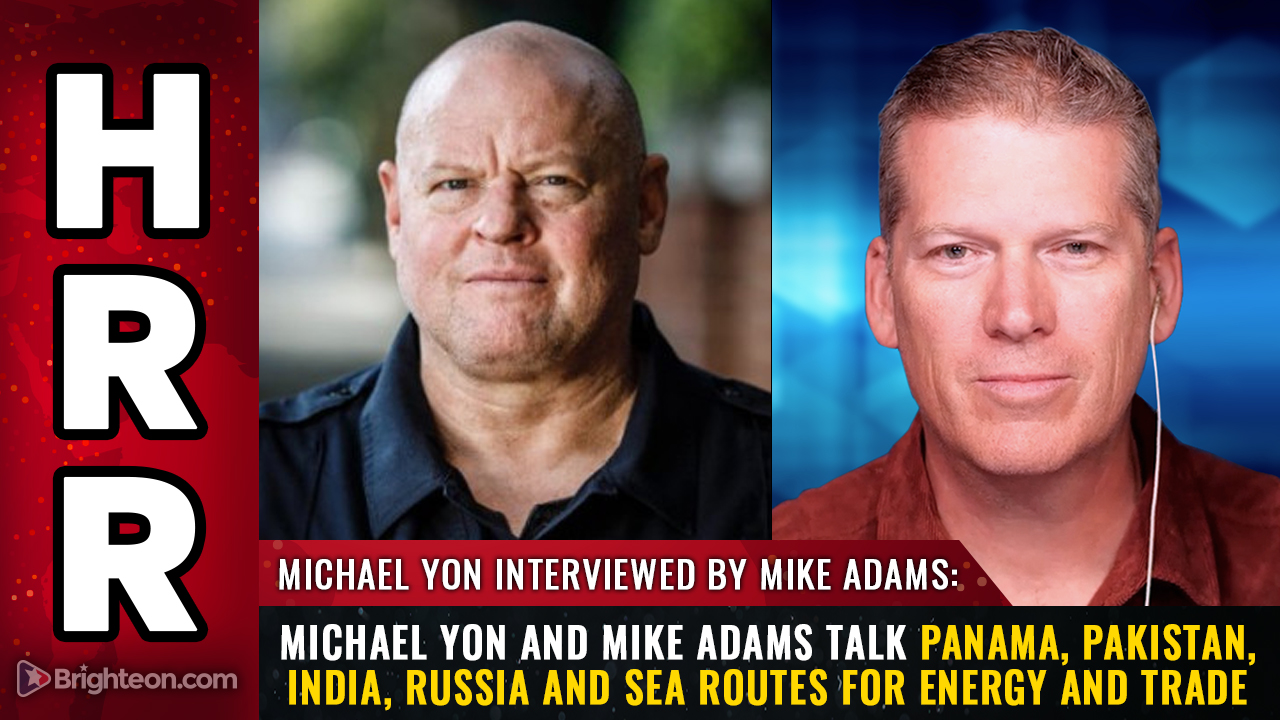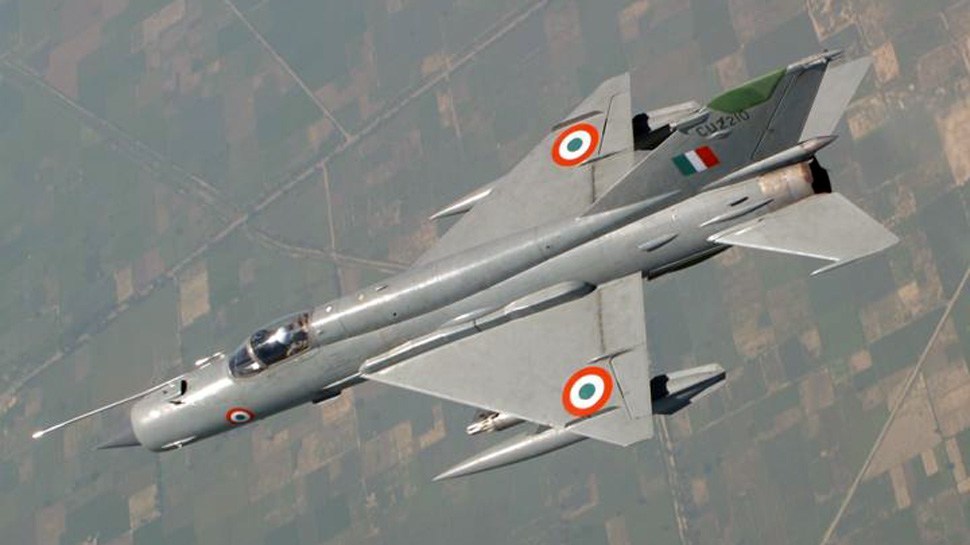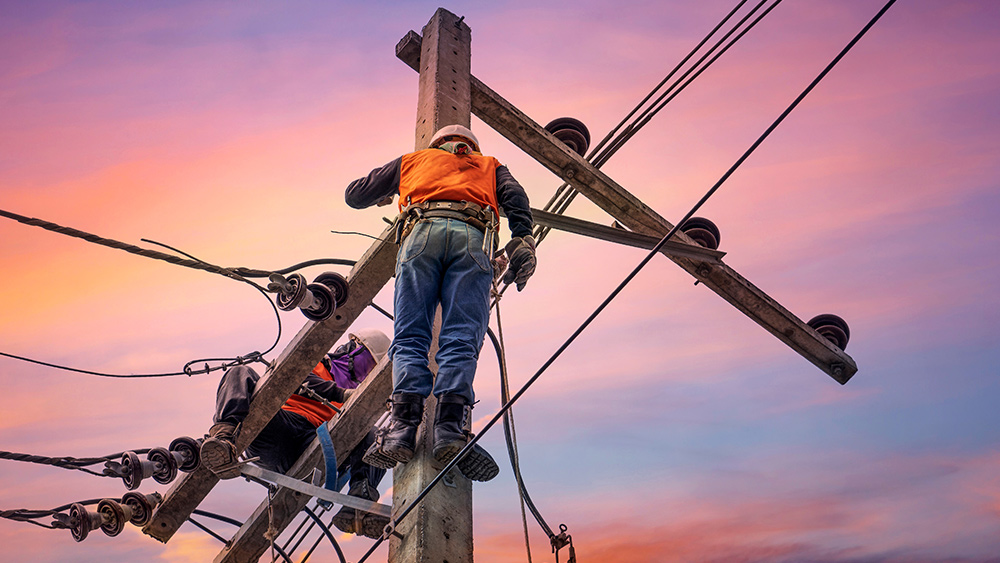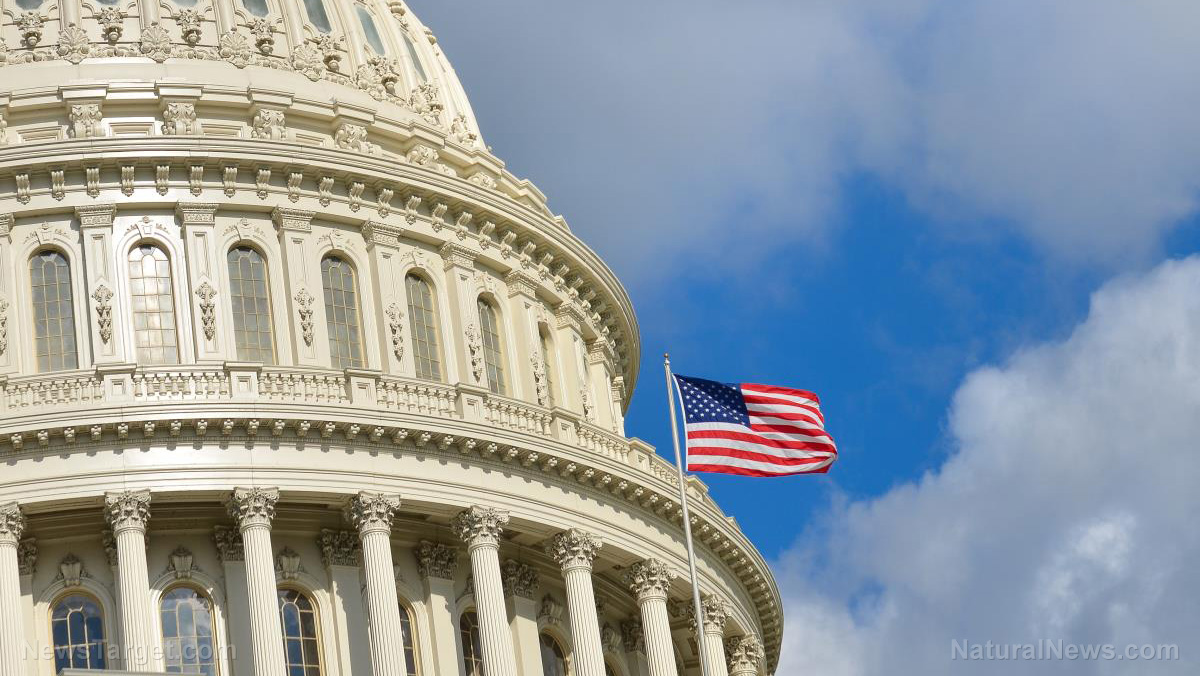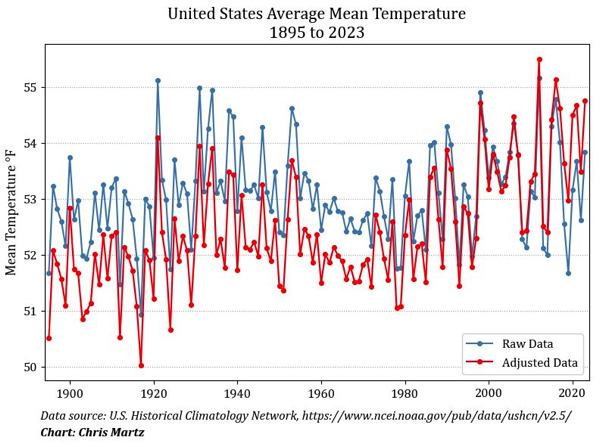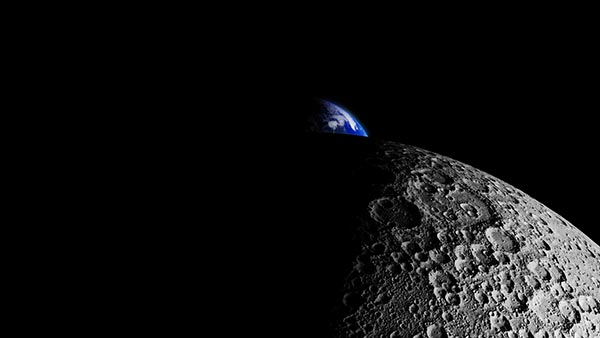Putin warns of nuclear retaliation as UK escalates sanctions, but Russia remains unfazed by Western pressure
By ljdevon // 2025-05-12
Tweet
Share
Copy
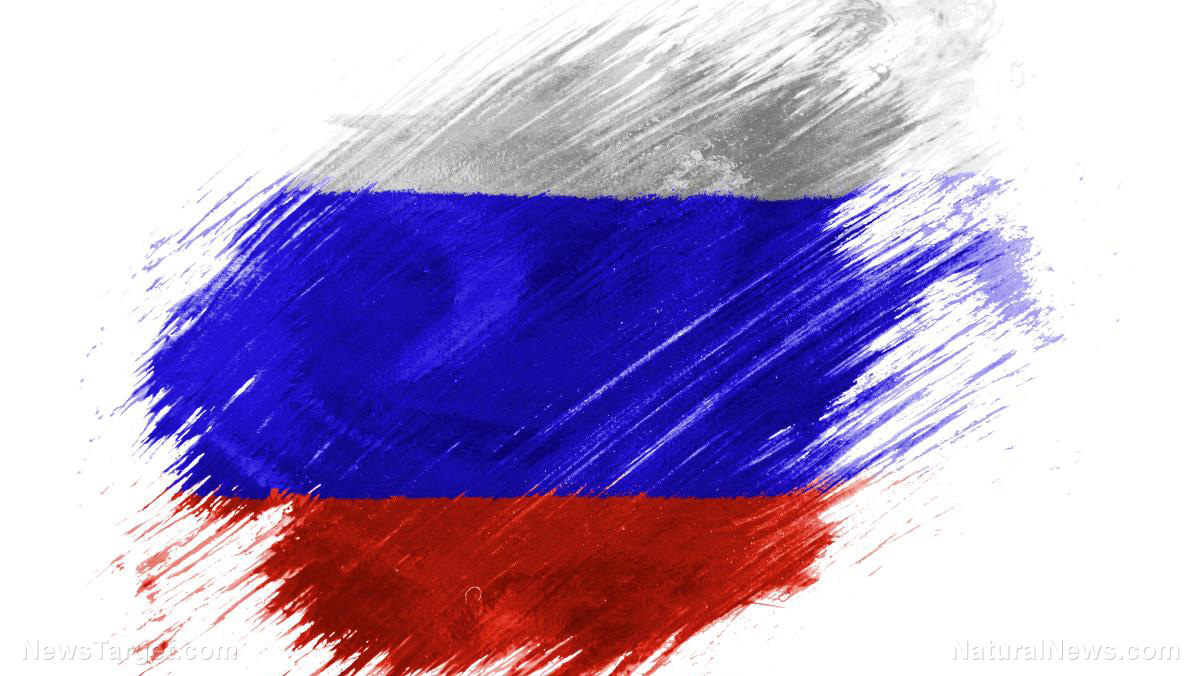
The West’s economic war against Russia has reached a dangerous new phase, with British Prime Minister Keir Starmer announcing the "largest-ever" sanctions package targeting Moscow’s oil trade — a move Russian President Vladimir Putin has answered with a chilling threat to deploy nuclear missiles within striking distance of the UK. While Western leaders continue to believe economic strangulation will force Russia to its knees, the Kremlin has made it clear: sanctions are an act of war, and Russia is not afraid. With an estimated $75 trillion in natural resources and a population hardened by decades of geopolitical pressure, Moscow has not only survived but thrived under Western aggression. The question now is whether the West’s failing strategy will push the world closer to nuclear brinkmanship — or force a humiliating retreat.
Key points:
- The UK has imposed its "largest-ever" sanctions package, targeting 100 Russian oil tankers in an attempt to cripple Moscow’s energy revenues.
- Kremlin spokesman Dmitry Peskov dismissed the sanctions as "pointless," stating Russia has long adapted to Western pressure and knows how to minimize economic damage.
- Putin warned that supplying Ukraine with long-range Storm Shadow missiles constitutes direct British involvement in the war, justifying potential nuclear retaliation.
- Russia’s $75 trillion in natural resources and strong trade ties with China and India have rendered Western sanctions largely ineffective.
- The US and EU continue to escalate sanctions despite warnings that energy costs and inflation will rise in Europe as a result.
Russia’s economic resilience defies Western aggression
For years, the US and its allies have relied on sanctions as their primary weapon against nations that refuse to bow to their geopolitical demands. Yet, as Kremlin spokesman Dmitry Peskov bluntly stated, "Scaring us with sanctions is pointless." Russia has faced over 28,000 sanctions—more than any other country in history—yet its economy has grown stronger, not weaker. The reason? A vast, resource-rich landmass holding an estimated $75 trillion in oil, gas, coal, and rare minerals, coupled with strategic partnerships with China, India, and other nations unwilling to submit to Western diktats. While the UK boasts about blacklisting Russian oil tankers, Moscow has already rerouted its energy exports to Asia, where demand remains insatiable. The so-called "shadow fleet" of older tankers operating outside Western insurance systems has kept Russian crude flowing, generating over $24 billion in revenue since the start of 2024 alone. Far from collapsing, Russia’s oil revenues have remained robust, while Europe faces skyrocketing energy prices and inflation—a self-inflicted wound from leaders more interested in virtue signaling than economic reality.Putin’s nuclear warning: A line in the sand
The latest British sanctions are not just an economic attack but a direct provocation in the eyes of the Kremlin. Putin has explicitly stated that supplying Ukraine with long-range Storm Shadow cruise missiles—capable of striking deep into Russian territory—makes Britain a participant in the conflict. His response? A stark warning that Russia will station nuclear missiles within range of the UK. This is not mere posturing. Russia has a history of responding to existential threats with overwhelming force, and Putin’s patience with Western escalation is wearing thin. The West’s strategy of arming Ukraine while strangling Russia economically has only deepened the conflict, pushing the world closer to a direct confrontation between nuclear powers.The West’s sanctions obsession: A failed strategy
The UK and EU continue to double down on sanctions, oblivious to the fact that their policies have backfired. Instead of weakening Russia, they have accelerated the decline of Western influence, as nations like China, India, and Iran forge stronger ties with Moscow. Even within Europe, dissent is growing. Hungary’s Viktor Orban has openly criticized the sanctions regime, while farmers and workers across the continent protest the economic fallout of anti-Russia policies. Meanwhile, the US—under both Biden and Trump—has failed to articulate a coherent strategy beyond empty threats. Trump’s recent call for an "unconditional ceasefire" rings hollow when Washington continues to fuel the conflict with weapons and sanctions. If the West truly seeks peace, it must abandon its delusional belief that economic warfare will force Russia to surrender. The West’s sanctions are not just ineffective—they are pushing the world toward a catastrophic confrontation. Russia has proven it can withstand economic pressure, and Putin’s nuclear warning should serve as a wake-up call. If the UK and US continue down this path, they risk triggering a conflict with consequences far beyond Ukraine. The time for reckless escalation is over. The time for diplomacy—before it’s too late—is now. Sources include: RT.com RT.com Enoch, Brighteon.aiTweet
Share
Copy
Tagged Under:
Russia World War III Ukraine China national security oil nuclear weapons violence sanctions India war EU UK Putin nuclear war energy US big government chaos dangerous geopolitics inflation diplomacy Kremlin Keir Starmer Storm Shadow
You Might Also Like
U.S. and China agree to slash tariffs in 90-day trade war truce
By Cassie B. // Share
Zelensky and Putin set for high-stakes Turkey talks after Trump’s ceasefire push
By Cassie B. // Share
Panama canal crisis: U.S. and China vie for control as Panamanians plead for American support
By Finn Heartley // Share
Fragile India-Pakistan ceasefire holds as world fears another flare-up
By Cassie B. // Share
AI breakthrough Aardvark Weather offers affordable forecasting for globally vulnerable regions
By Willow Tohi // Share
Recent News
By newseditors // Share
SIDS concerns on the rise; vaccine-death link resurfaces in data analysis
By willowt // Share
House approves bill renaming Gulf of Mexico to Gulf of America
By ramontomeydw // Share


